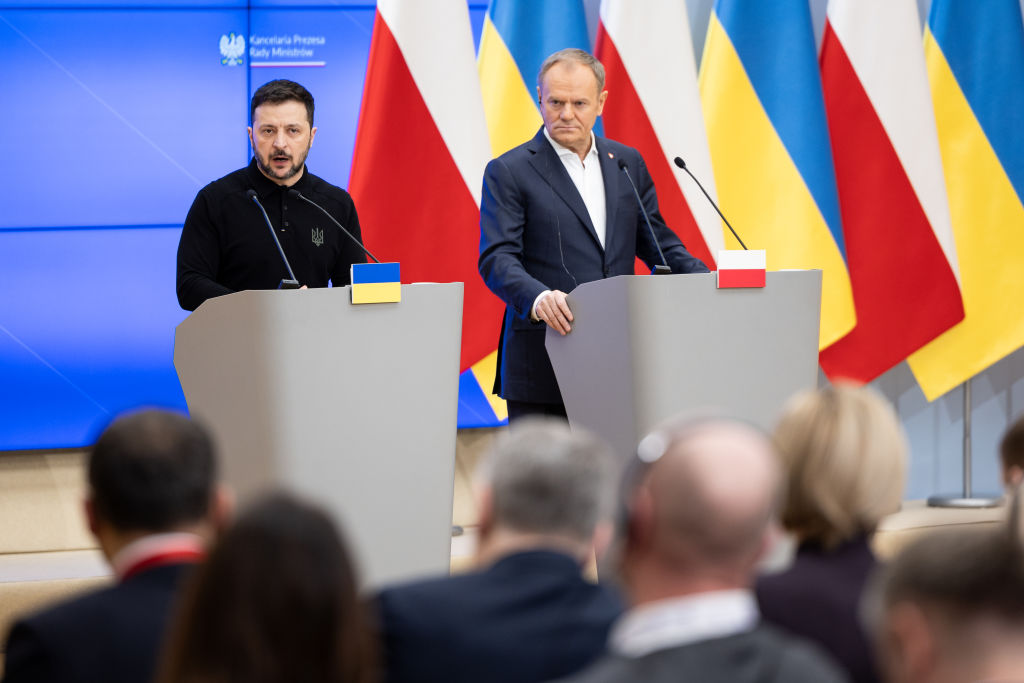“If you ask me: ‘is the United States going to invade Greenland?’ the answer is no,” said Barrot.
But he added: “We have entered an era that is seeing the return of the law of the strongest.”
“Should we be intimidated? Should we be overcome with worry? Evidently, no.
“We need to wake up and reinforce ourselves, militarily, in competition, in a world where the law of the strongest prevails.”
Barrot said he believed that the United States is “inherently not imperialistic” and said he “did not believe” that it is changing.
However French government spokeswoman Sophie Primas told reporters after a cabinet meeting that there was a “form of imperialism” in Trump’s comments.
“Today we are seeing the rise in blocs, we can see this as a form of imperialism, which materialises itself in the statements that we saw from Mr Trump on the annexation of an entire territory.”
“More than ever, we and our European partners need to be conscious, to get away from a form of naivety, to protect ourselves, to rearm,” she added.
The German government spokesman refused to be drawn on whether Berlin takes Trump’s threats against NATO allies Denmark and Canada seriously.
“I don’t want to assess” the comments, Hebestreit told a news conference, adding only that the German government had “taken note” of them.
At the news conference, Trump called the border with the United States’ northern neighbour Canada an “artificially drawn line” and promised to rename the Gulf of Mexico the “Gulf of America.”




















Discussion about this post